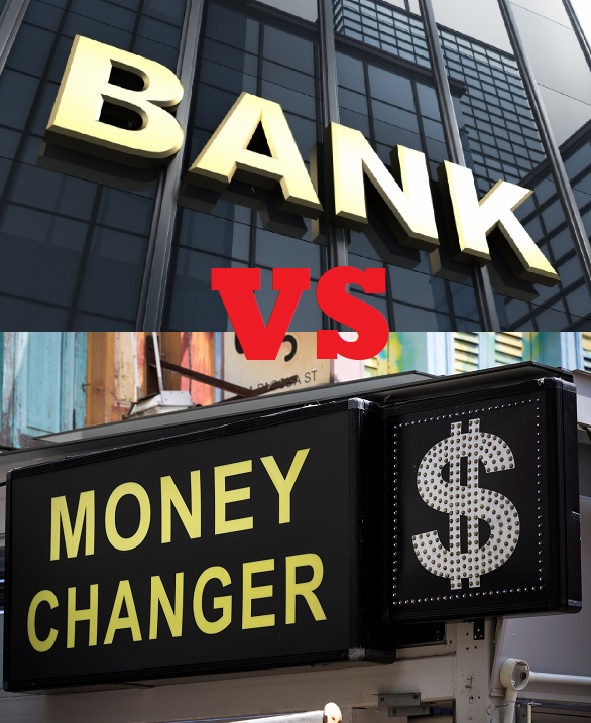
Money changers and banks are both financial institutions that provide currency exchange services, but they have some key differences in terms of convenience, cost, and services offered. Let's compare money changers and banks:
Money Changers:
Convenience:
Money changers are often more conveniently located in tourist areas, shopping districts, or airports. They offer extended hours, including evenings and weekends, making it easier for travelers to exchange currency at their own convenience.
Variety of Currencies:
Money changers may offer a broader range of currencies, especially in areas with high international tourism. This can be beneficial for travelers who need to exchange less common or exotic currencies.
Competitive Rates:
Money changers can sometimes offer more competitive exchange rates compared to banks, especially for large sums of money. However, this can vary depending on the specific money changer and location.
Lower Fees:
Money changers may have lower or no service fees for currency exchange, making them cost-effective for travelers looking to save on exchange costs.
Speed:
Transactions at money changers are typically faster and more efficient, especially for smaller amounts, as they specialize in currency exchange.
No Account Required:
Money changers typically do not require you to have an account with them. You can exchange currency without being a customer.
Banks:
Security:
Banks are considered more secure for currency exchange transactions. They are regulated and supervised by financial authorities, providing a higher level of security for your transactions.
Consistency:
Banks usually offer more stable and consistent exchange rates. These rates are often set by the bank and may be less subject to fluctuations.
Large Transactions:
For larger currency exchange transactions or international wire transfers, banks are often a more practical choice due to their higher transaction limits and ability to handle complex financial transactions.
Financial Services:
Banks offer a wide range of financial services, including savings and checking accounts, loans, and investment opportunities. This can be beneficial if you require other financial services alongside currency exchange.
ATMs and Cards:
Banks provide access to ATMs and credit/debit cards, which can be used for currency withdrawal and payments abroad, often at competitive exchange rates.
Account Holder Benefits:
If you already have a bank account with a particular bank, you may receive preferential rates or reduced fees for currency exchange as an account holder.
In summary, the choice between a money changer and a bank for currency exchange depends on your specific needs, the amount of money you want to exchange, and your location. Money changers are often more convenient for travelers and may offer competitive rates for common currencies, while banks provide a secure and consistent option, particularly for larger transactions and financial services. It's advisable to compare rates and fees before making a decision, and consider using a combination of both options to meet your specific financial needs.
